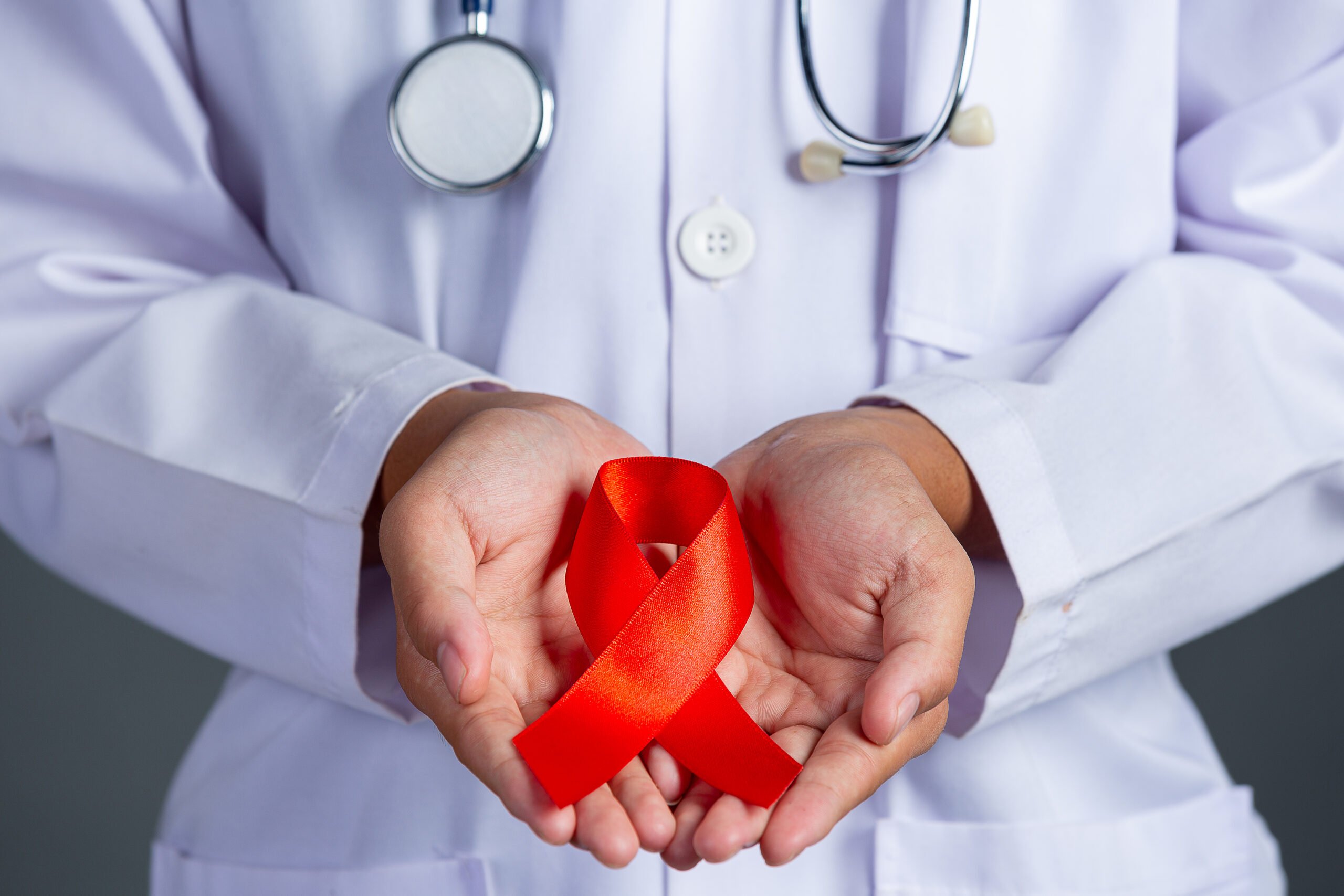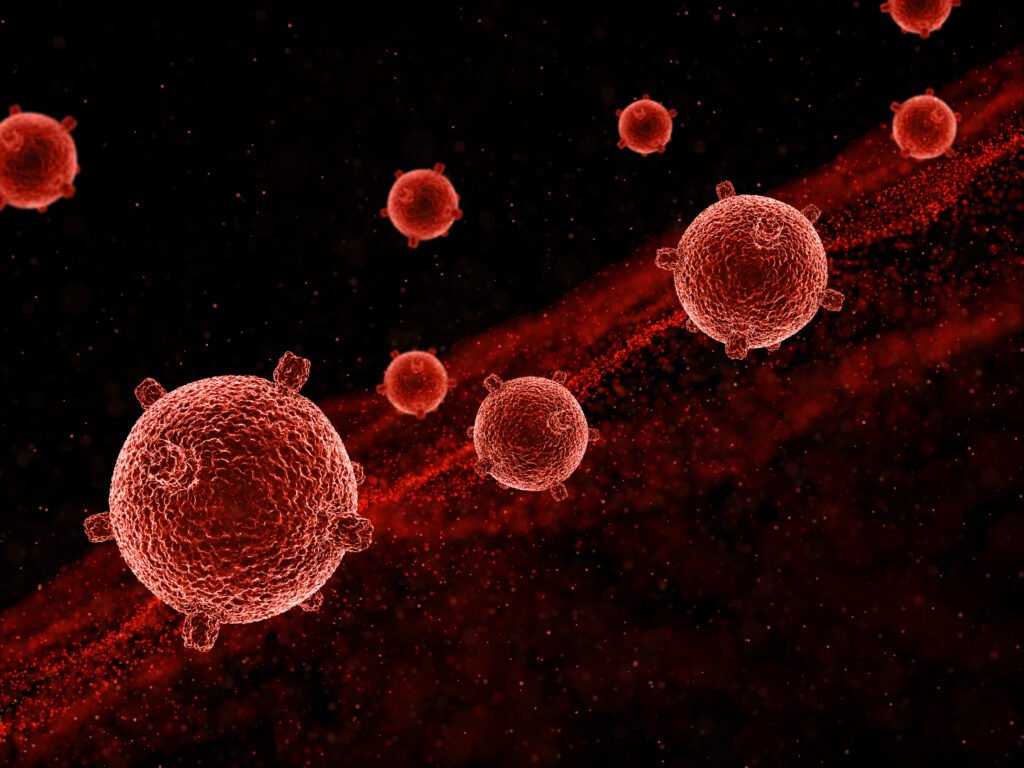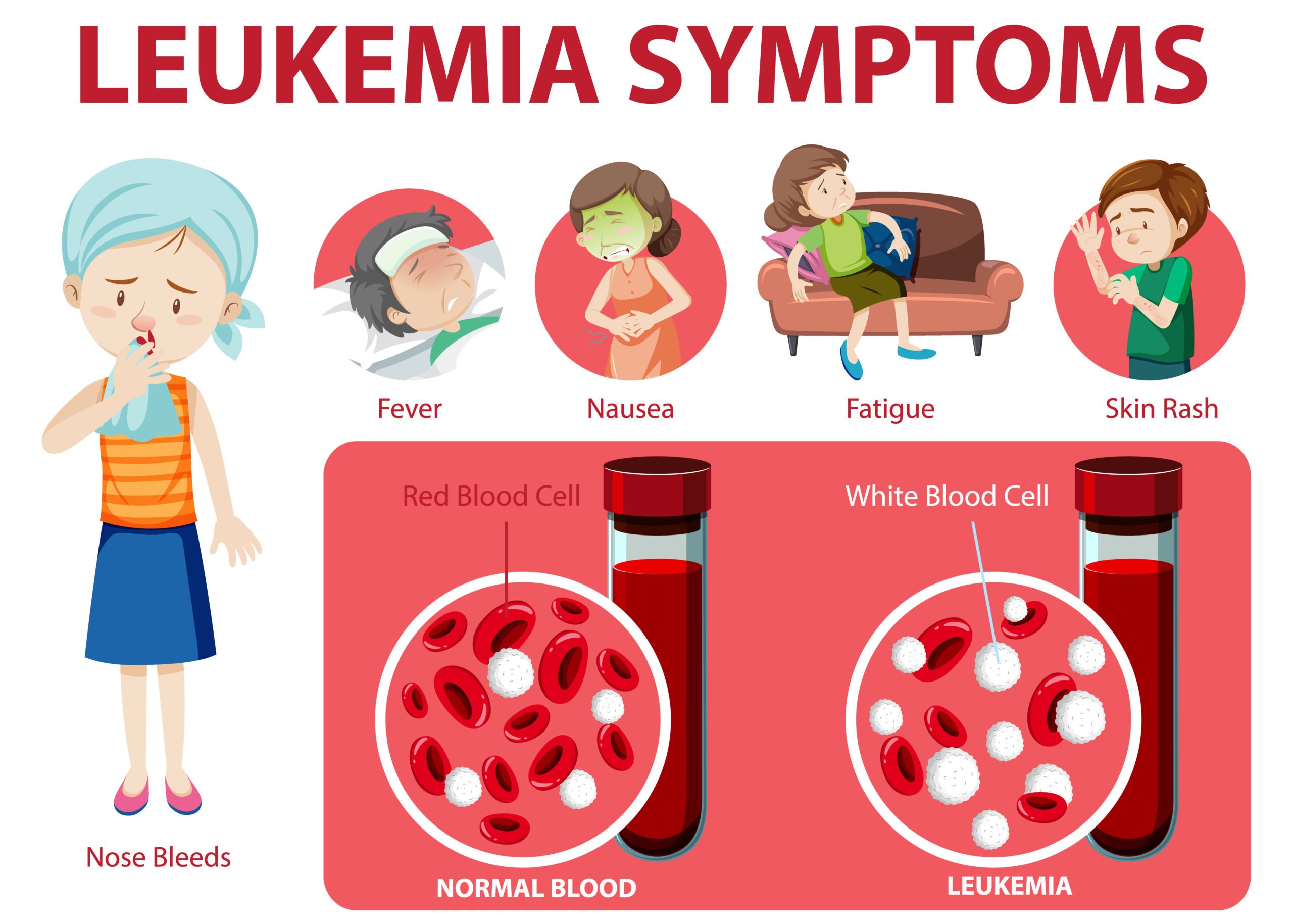Treatment Modalities
Treatment options for blood cancer include chemotherapy, radiation therapy, immunotherapy, targeted therapy, and stem cell transplantation. The choice depends on the specific type and stage of cancer.
Coping With Treatment
Coping strategies during treatment involve emotional support, maintaining a healthy lifestyle, and participating in activities that bring comfort. Support groups and counseling services can provide valuable assistance.








